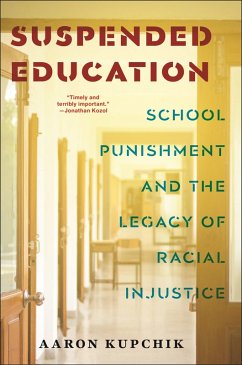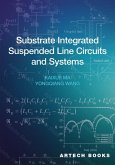"Suspended Education helps explain why schools turn to punishments like suspensions so often, despite being ineffective and even harmful; this problem is a legacy of resistance to racial desegregation of schools during the Civil Rights Era"--
Hinweis: Dieser Artikel kann nur an eine deutsche Lieferadresse ausgeliefert werden.
Hinweis: Dieser Artikel kann nur an eine deutsche Lieferadresse ausgeliefert werden.








